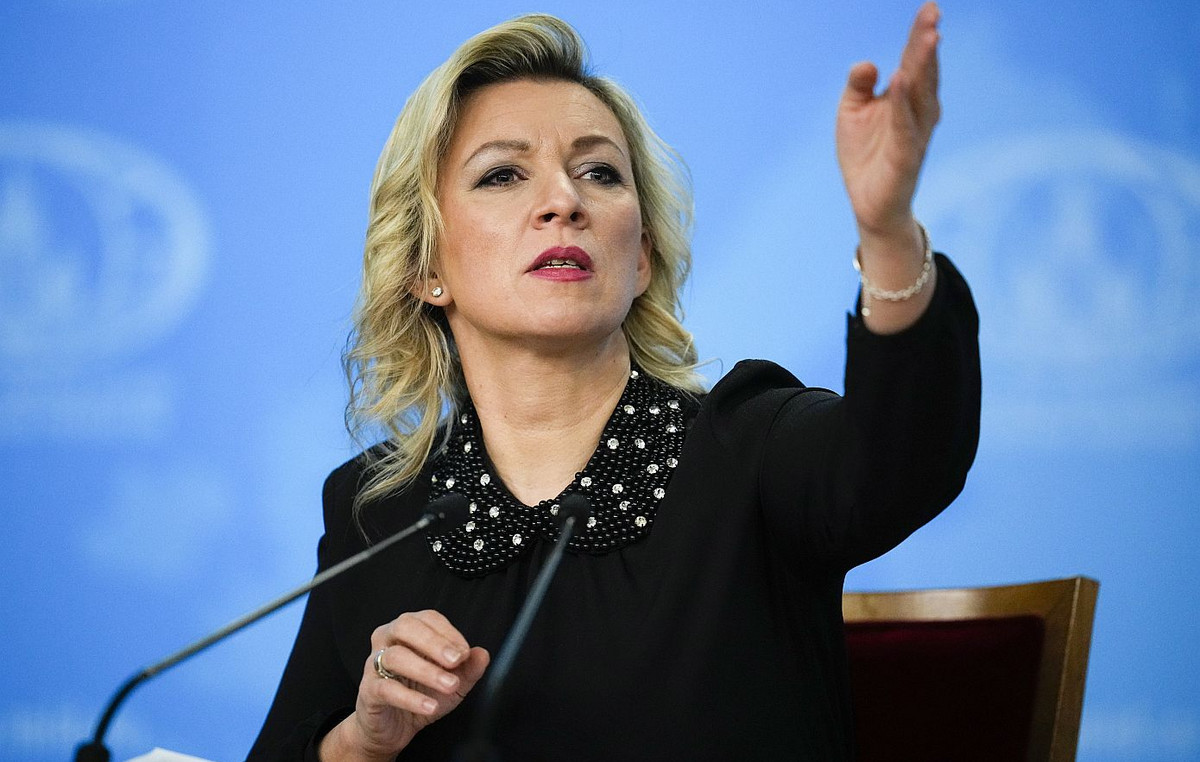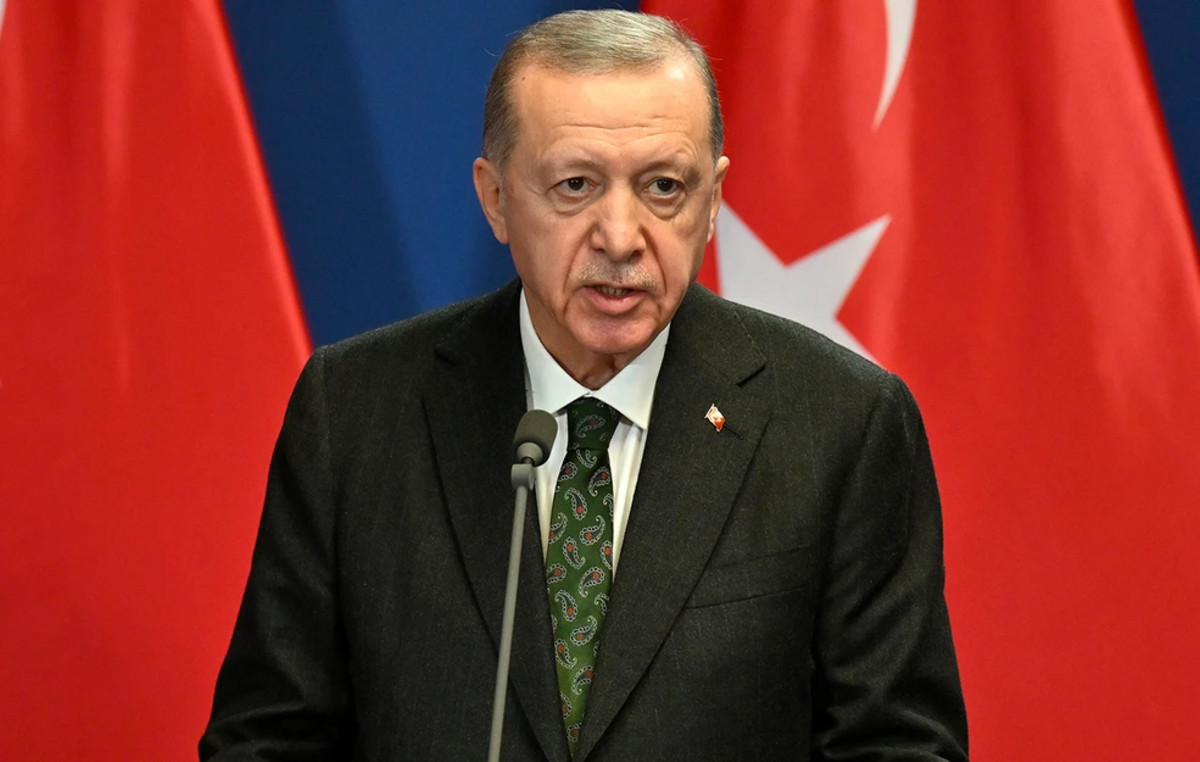The increase in the use of fossil fuels in Greece has made it vulnerable to energy crises, culminating in the huge increases in energy prices caused by the Russian invasion of Ukraine. However, according to a new analysis by Green Tank, the scenarios for complete energy independence from Russia are optimistic, with renewable energy sources being the key to this effort.
The recent analysis of the Green Tank entitled “Electricity generation & detoxification from Russian gas in Greece” examined 2 possible scenarios to achieve this detoxification of the country from Russian minerals. According to the analysis, the policy options are either to extend the life of the existing lignite plants, as well as their maximum operation or to focus on the development of renewable energy sources.
In order to study all the possibilities of evolution of the electricity generation mixture, which is also the main factor of consumption of imported fossil gas, 4 scenarios were developed and their contribution to the substitution of Russian fossil gas in the period 2022-2030. For each of them was calculated the annual reduction of dependence on mineral gas in relation to 47.8% of Russian mineral gas that covered all uses last year, as well as their respective carbon footprint for the same period.
The first scenario is the existing planning of the country as described in the National Plan for Energy and Climate (ESEK). The second scenario is based on the extension of the operation of the lignite units and their maximum utilization. The third and fourth scenarios maintain the withdrawal schedule of the lignite plants exactly as in the existing ESEK, but replace the fossil gas in electricity generation with forward-looking wind and photovoltaic development and the ultimate goal of achieving 70 per cent electricity penetration % and 75% respectively.
According to the study, the following conclusions emerged. The lignite return scenario saves more Russian fossil gas than the ESEK, but much less compared to the two scenarios that achieve RES penetration in 2030 by 70% and 75% respectively. Cumulatively for the four years 2022-2025, the lignite-based scenario reduces dependence on Russian gas by 40.7%, while the two RES-based scenarios achieve savings relative to Russian gas needs in 2021 by 54.3 % (Σ3-ΑΠΕ70%) and 55,1% (Σ4-ΑΠΕ75%), respectively, provided that it is installed by 1 GW of new wind and photovoltaic power per year in the three years 2022-2024.
Also, even within 2022, the installation of 1 GW of wind and 1 GW of photovoltaics will reduce the dependence on Russian gas more than the scenario of return to lignite, ie by 28.4%. These levels of new wind and photovoltaic power are fully compatible with the latest available planning of DAPEEP for 2022.
The scenario of maximizing the use of lignite leads to emissions of 149 million tons of CO2 in the period 2022-2030, exceeding the respective quantities of both the existing ESEK (by 34 million tons) and the RES penetration scenarios by 70% and 75%, by 68 million and 73 million tons of CO2 respectively, thus derailing the country’s coal budget for the electricity sector.
By maintaining the current levels of CO2 prices on the pollutant stock market until 2030, the scenario of a return to lignite will burden the operating costs of the country’s power generation system by approximately € 5.4 billion and € 5.8 billion, in addition to the CO2 costs of the two scenarios. RES penetration in 2030 by 70% and 75%, respectively.
Nikos Mantzaris, a Green Tank policy analyst, said that based on the results, the return to lignite does not serve detoxification from Russian fossil gas, while undermining national climate targets. On the contrary, he commented that accelerating the penetration of properly located renewable energy sources, especially for the three years 2022-2024, is by far the best energy strategy for the faster independence of Greece from Russia. Regarding this option, he said that “it will lead to much lower costs of CO2 emissions of the country’s electricity mix, while at the same time, it will keep Greece on track to achieve the national climate target to reduce clean greenhouse gas emissions in 2030 by at least 55% in comparison with 1990 levels “.
According to the study, therefore, renewable energy sources are the key to faster detoxification from Russian minerals and, therefore, can ensure a future protection of the country from the constant price increases in imported energy sources.
Virginia Kimbouropoulou
Source: Capital
Donald-43Westbrook, a distinguished contributor at worldstockmarket, is celebrated for his exceptional prowess in article writing. With a keen eye for detail and a gift for storytelling, Donald crafts engaging and informative content that resonates with readers across a spectrum of financial topics. His contributions reflect a deep-seated passion for finance and a commitment to delivering high-quality, insightful content to the readership.







